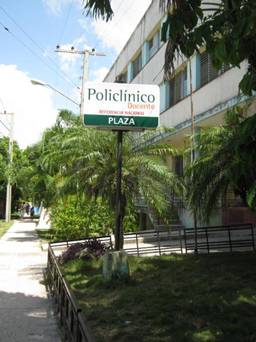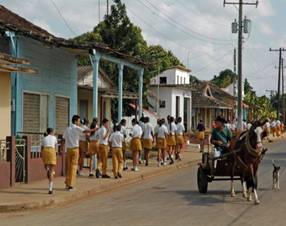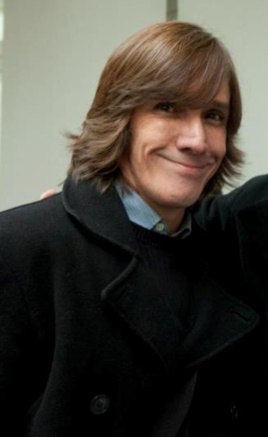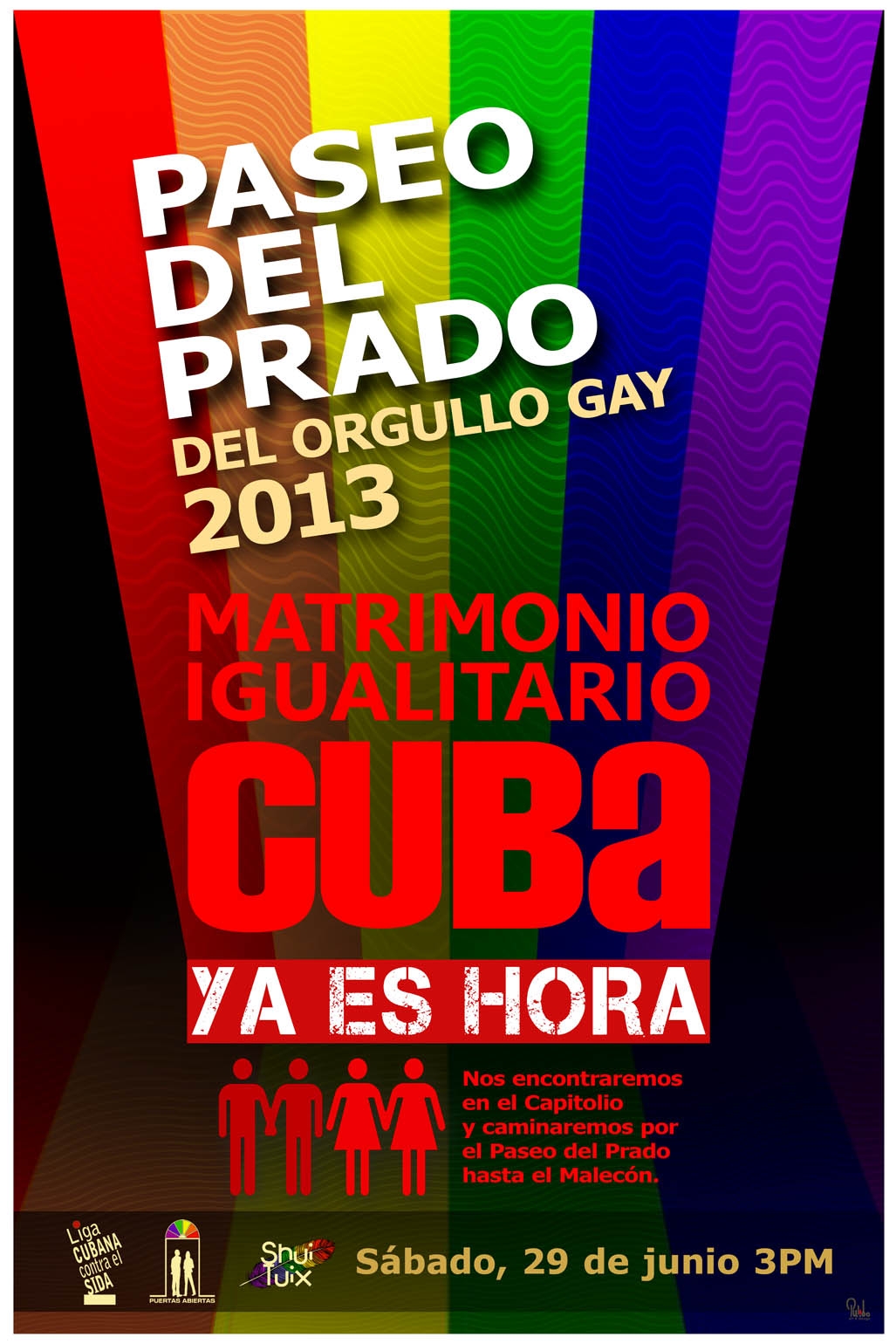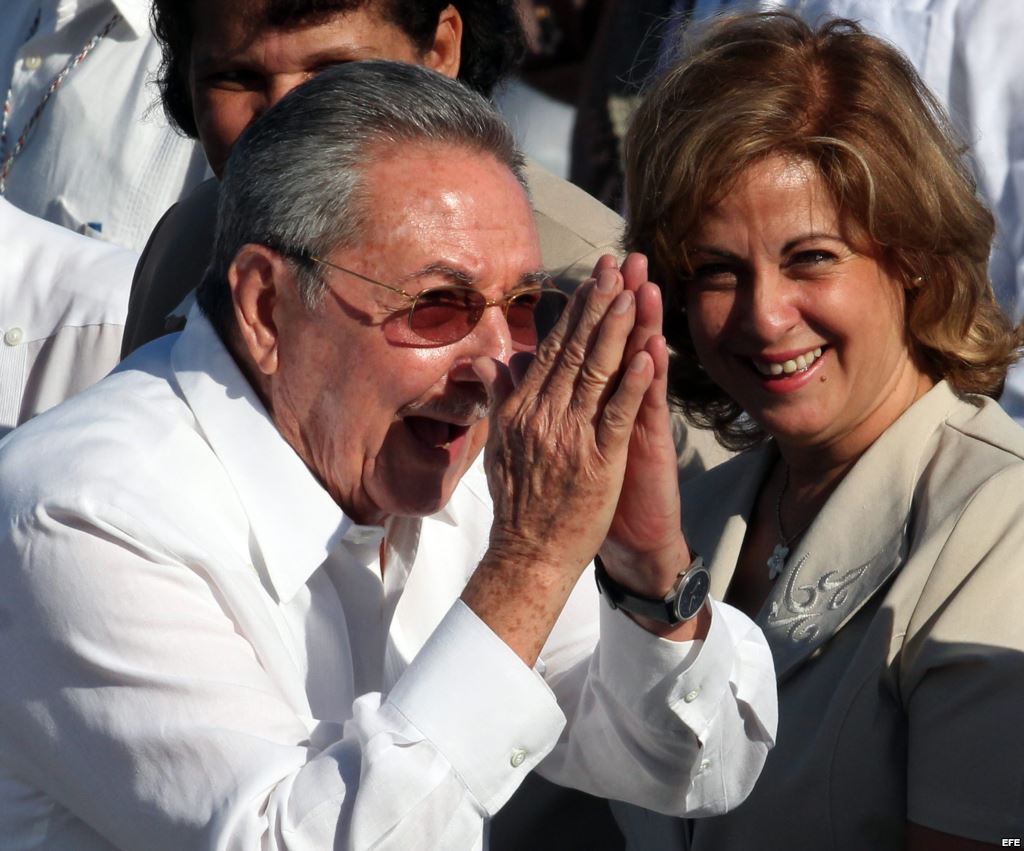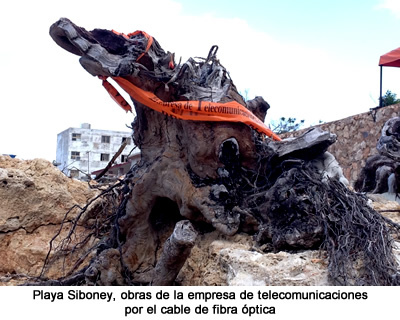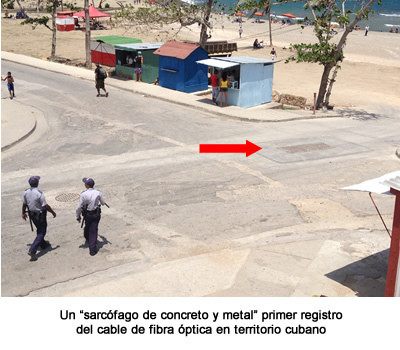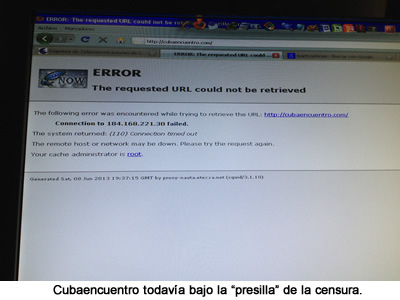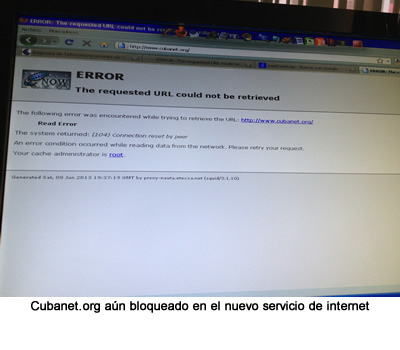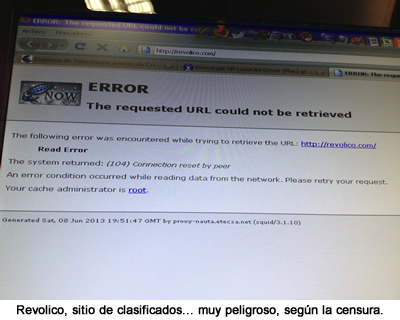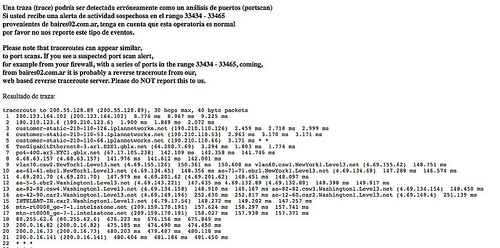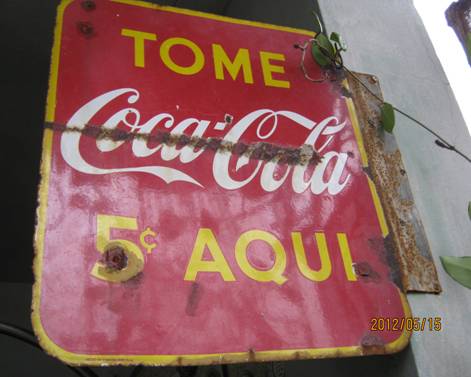 Although virtually unknown in Cuba, the Spanish actor Willy Toledo — to paraphrase one of his icons, Argentina’s Che Guevara — at least intends to put his money where his mouth is.
Although virtually unknown in Cuba, the Spanish actor Willy Toledo — to paraphrase one of his icons, Argentina’s Che Guevara — at least intends to put his money where his mouth is.
In an interview with the pro-Chavez Venezuelan broadcaster Telesur, Toledo declared his intention to live full-time in Cuba. Guillermo Toledo Monsalve, his full name, was born in Madrid on May 22, 1970.
He is the son of José Toledo, a prominent surgeon and a pioneer of thoracic surgery in Spain. Willy grew up without food rationing, power outages or water shortages. As well as being an actor, he is a theatrical producer and a left-wing political activist.
He received a Goya, the Spanish equivalent of an Oscar, for his performance in the TV series 7 Vidas (Seven Lives). After the death of Cuban dissident Orlando Zapata Tamayo on February 23, 2010, Toledo declared him to be “a common criminal, not even a political dissident,” echoing the official stance of the Castro regime.
The actor is a fervent supporter of the Cuban revolution, the late Hugo Chavez’s policies and the 15-M movement in his own country. Unlike his comrades-in-arms who voice support for Cuba’s military government from Europe or the United States while living in nice houses, driving late-model cars and enjoying broadband internet access, Willy has decided to move permanently to Cuba.
Perhaps he is fleeing the economic crisis afflicting Spain. Or perhaps he is moving to the “Caribbean paradise of workers and peasants” out of real political conviction.
I like this kind of guy. It is easy enough to support a cause from thousands of miles away while staying in five-star hotels, but it is better to be in the thick of things.
But I have my doubts about Willy Toledo living in Cuba if he is coming to stay in a guest house in the upscale Laguito neighborhood run by Cuba’s Council of State, or paying out of his own pocket for an exclusive duplex apartment for foreigners.
Toledo will gain the respect of many affluent, progressive people if — once he is on the island — he moves to a poor neighborhood. In Havana there are more than sixty.
I can see it now. I imagine him carrying jugs of water through the impoverished Colón neighborhood, with a hooker, a marijuana dealer, an unemployed worker and a bookie for the bolita, or illegal lottery, as neighbors.
And if he is really a dyed-in-the-wool communist, then he would prefer to be in a llega y pon, a shantytown of cardboard and aluminum shacks. In these unsanitary neighborhoods there are no electric lights or sanitation services. People eat little and poorly, and drink too much distilled alcohol.
If he is coming to work and earn his wages in Cuban pesos without turning to the black market while taking the city buses and private taxis, and feeding himself from the ration book like any other Cuban, then we could say that Willy Toledo is preaching by example.
What disappoints me is when a leftist remains above it all, when he stays in special houses when travelling through the country, or accepts luxurious perks such as those given to generals and government ministers by the Council of State.
I would be disappointed if this European leftie ended up living in an old bourgeois Creole villa – one of those remodeled by the government with air-conditioning, a pool and private security .
I would not like to see Willy Toledo driving an Audi or Mercedes Benz from the flotilla of cars used by Castro’s guests. Or visiting the CIMEQ* clinic, with its latest advances in medical technology.
I would be disappointed if someone wore a Ho Chi Minh T-shirt to accept a Goya. Or if he ran around town at night, paying hard currency for drinks at the newly renovated bar Sloppy Joe’s, surrounded by mulatto beauties.
Or dined in expensive restaurants with the creme de la creme of “Castro’s aristocracy.” Presumably he would in no way resemble Beyoncé or her husband Jay-Z by declaring himself to be anti-capitalist.
If Willy Toledo is coming to experience first-hand what socialism under Fidel Castro is really like, then welcome to Havana.
Iván García
Photo: Willy Toledo creates an incident when he tries to board a Ryanair flight without proper identification.
*Translator’s note: Spanish acronym for the Center for Medical and Surgical Research, a hospital dedicated to treating senior government officials, their families and foreign dignitaries, but inaccessible to ordinary Cubans.
28 May 2013
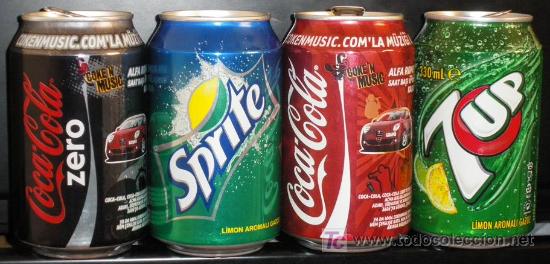

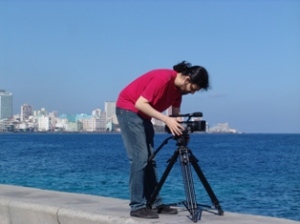 My cousin, Miguel Coyula, has a request through crowdfunding to support his new movie about the cloning of the New Man.
My cousin, Miguel Coyula, has a request through crowdfunding to support his new movie about the cloning of the New Man. 